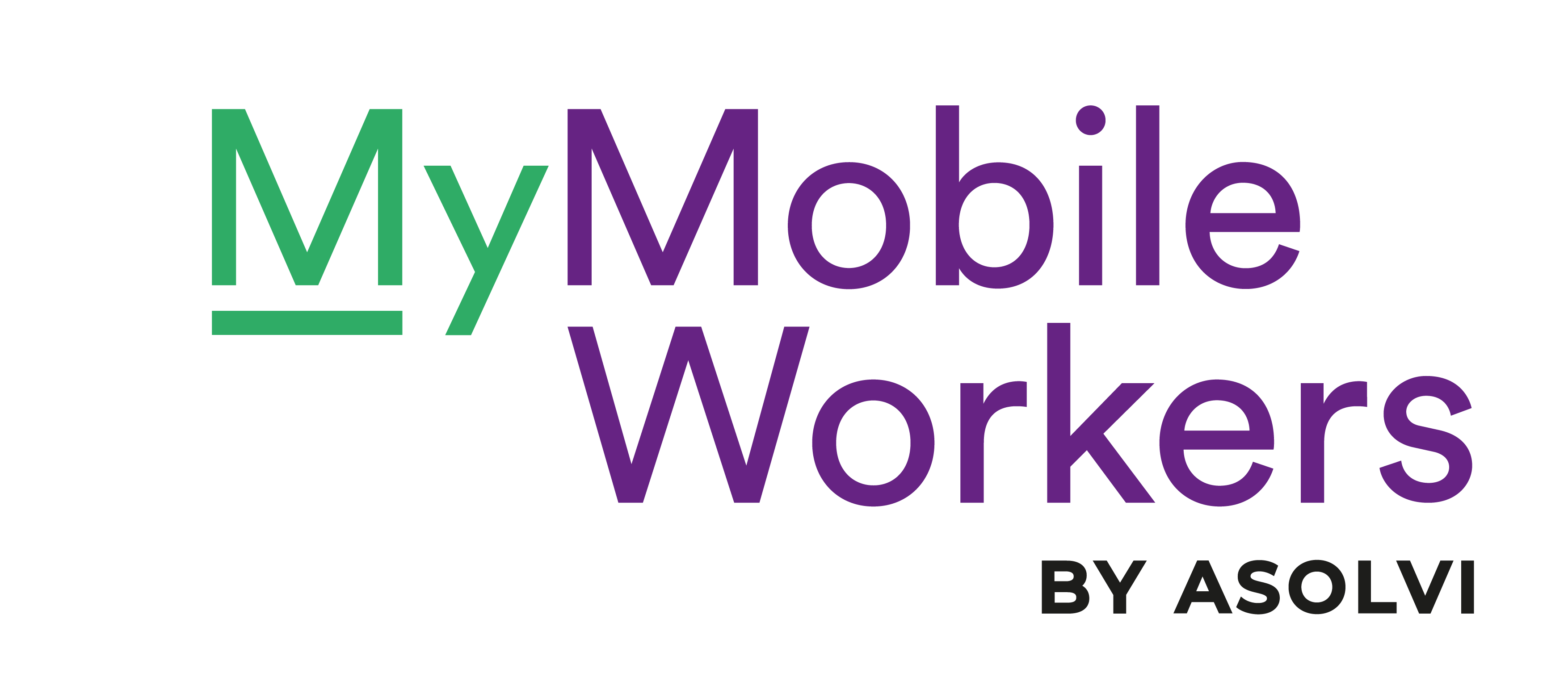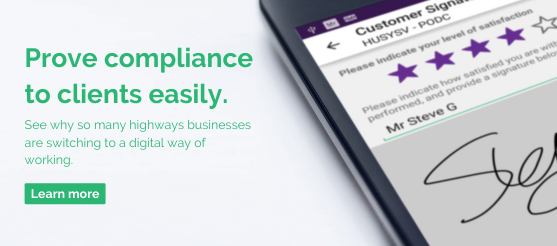The highways industry has played a critical role in keeping the country running during the COVID-19 restrictions.
With key worker status, highway teams have kept calm and carried on working to maintain and improve the strategic road network.

For many local authorities, it’s a golden opportunity to push forward with projects as low traffic volume reduces disruption, lowers risks and cuts completion times.
But this also creates a challenge for highway companies who find themselves having to increase a workforce while managing all the pandemic restrictions.
Strategies to combat highways recruitment during COVID-19:
- Virtual interviews
- Digital onboarding
- COVID-19 policy
- ‘Buddy’ system
- Strengthen teams
Virtual interviews
The traditional interview process isn’t a good fit with COVID-19 and social distancing rules. Alternative methods such as phone and video conferencing interviews and communications provide a faster and safer way to find the best workers.
Services such as Zoom and Skype allow companies to recreate the traditional face-to-face meetings with a panel of company representatives able to ask and answer questions from the candidates.
Digital onboarding
The main barrier to fast recruitment is the time it takes to get the required paperwork and checks completed. This typically remains a paper process with documents having to be sent out, signed and returned by successful candidates.
Switching to a digital administration approach can cut hiring times from weeks to days. Documents are instantly sent out via email or onboarding software with services such as Adobe Sign and DocuSign allowing a candidate to provide digital signatures.
COVID-19 policy
Making sure candidates understand and can comply with a company’s COVID-19 policy needs to be integrated into the hiring process. This information should provide company rules on social distancing, PPE requirements and any work from home protocols.
It should also explain the priority given to the children of key workers when it comes to accessing education and schooling. By dealing with these issues at the earliest possible opportunity, it helps to avoid problems occurring further down the line.
‘Buddy’ system
With reduced face-to-face contacts, hires are likely to find starting a new job even more stressful and disorienting experience than normal. With reduced use of offices and depots, there’s much less chance for the usual bonding with a team to take place.
This can make introducing a ‘buddy’ system particularly effective. A team member is given the role of helping an incoming worker to settle. This can start before they being their role with opportunities for informal chats to answer questions, allay fears and generally provide support.
Strengthen teams
The job losses caused by the pandemic have caused a major reboot of the jobs market as thousands of laid-off workers look to change career paths. For highways companies, it means a much wider range of applicants than can be typically expected.
Care is needed to ensure candidates are committed to the role - not just using it as a stopgap. But it should also be seen as a real opportunity to strengthen a highways workforce by bringing in people with new skill sets and experiences.


